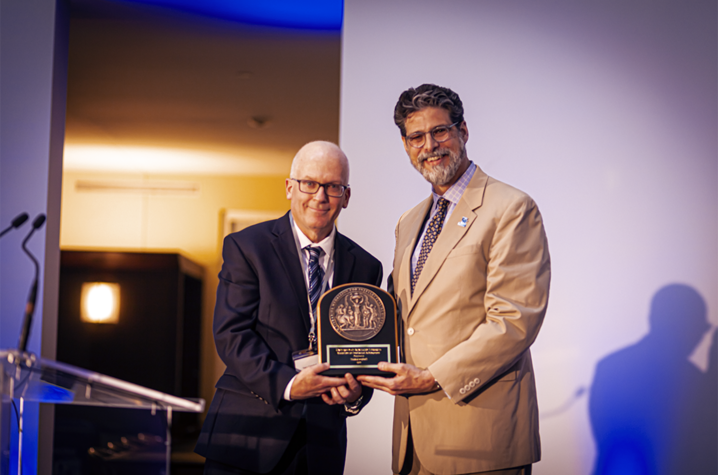Telecommunications Network Management
The primary focus of this course is the design and management of telecommunications networks and resources. In a framework that includes both the technical and business aspects of telecommunications, the course examines the capabilities and limitations of a wide range of data network technologies in the context of needs assessments, design, implementation, and evaluation; the relative advantages and disadvantages of various technological configurations for specific business purposes; and the impact of human and organizational factors in network design.

 LEXINGTON, Ky. (June 6, 2022) — Each year, the University of Kentucky’s
LEXINGTON, Ky. (June 6, 2022) — Each year, the University of Kentucky’s  LEXINGTON, Ky. (May 25, 2022) — The International Center at the University of Kentucky has announced the 2022 UK Global Impact Award winners. Among them is Ann Kingsolver, professor of anthropology and director of the Appalachian Studies Program.
LEXINGTON, Ky. (May 25, 2022) — The International Center at the University of Kentucky has announced the 2022 UK Global Impact Award winners. Among them is Ann Kingsolver, professor of anthropology and director of the Appalachian Studies Program.  LEXINGTON, Ky. (May 24, 2022) —
LEXINGTON, Ky. (May 24, 2022) —